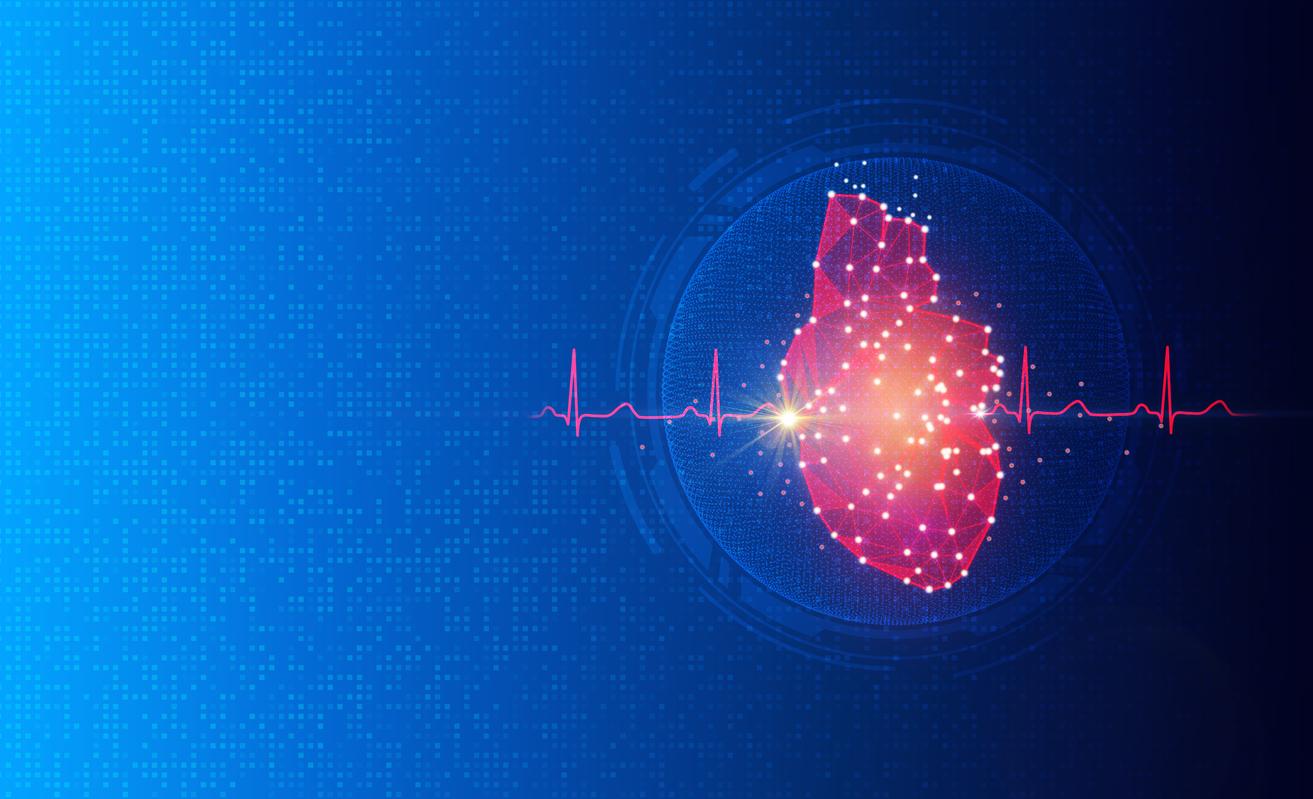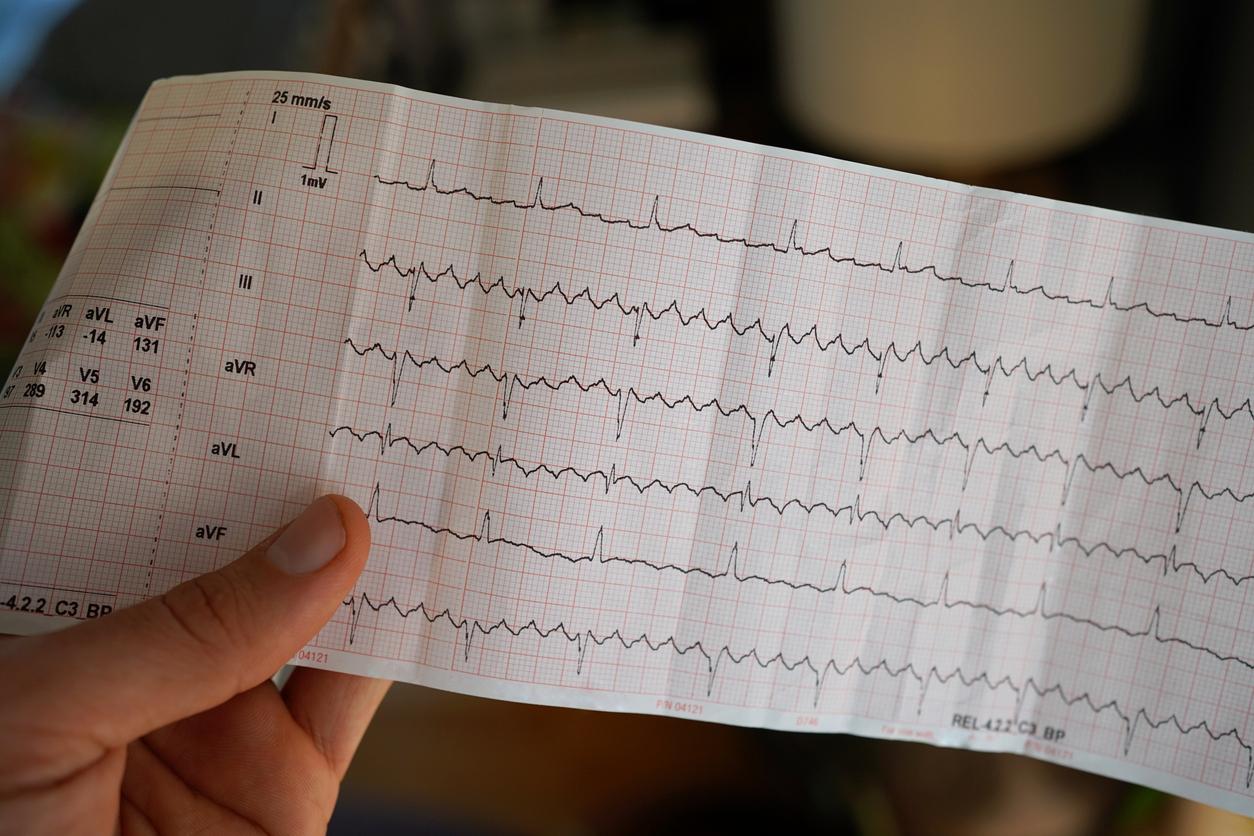An American team presented results confirming the cardiovascular risks associated with the consumption of energy drinks.

A long drive or a night’s work ahead? More and more are those who, in the absence of coffee or by choice, consume energy drinks. But these products are not safe. On the occasion of the congress of the American Cardiology Association (AHA), researchers from the University of the Pacific in Stockton (California) confirm their potentially dangerous effects on the heart. Two cans would be enough to raise blood pressure and cause heart rhythm disturbances. Effects that persist for up to two hours after consumption.
Twenty-seven healthy volunteers between 18 and 40 years old were divided into three groups. For three weeks, the subjects of the first drank two cans of an energy drink daily, those of the second an equivalent amount of a drink with ginseng – one of the ingredients of energy drinks – and the latter a drink. placebo.
A risk of ventricular fibrillation
Every day during the study, the researchers measured their blood pressure and performed an EKG before ingestion and four times within six hours. Rhythm disturbances and increased pressure were noted in subjects who consumed energy drinks only, up to two hours after drinking.
In particular, scientists have noticed a six millisecond lengthening of the QT interval, a given provided by the electrocardiogram, which reflects the electrical impulse linked to the contraction of the heart. This peculiarity, if it worsens, can lead to the risk of significant rhythm disturbances, such as ventricular fibrillation.
34 suspicious deaths
Energy drinks are therefore not harmless. Sachin Shah, professor of pharmacy at the University of the Pacific and head of the study, points to the fact that on certain boxes of drugs inducing equivalent reactions, warnings are displayed.
The Center for Science in the Public Interest, an American consumer association specializing in food health, had alerted in 2014 to 34 suspicious deaths. If the risk remains limited in healthy subjects with regular consumption, they could prove to be dangerous for people suffering from congenital heart conditions, such as long QT syndrome.
“While waiting for more important data, consumers should take precautions and not blindly follow fashion,” advises Prof Shah.
.

















